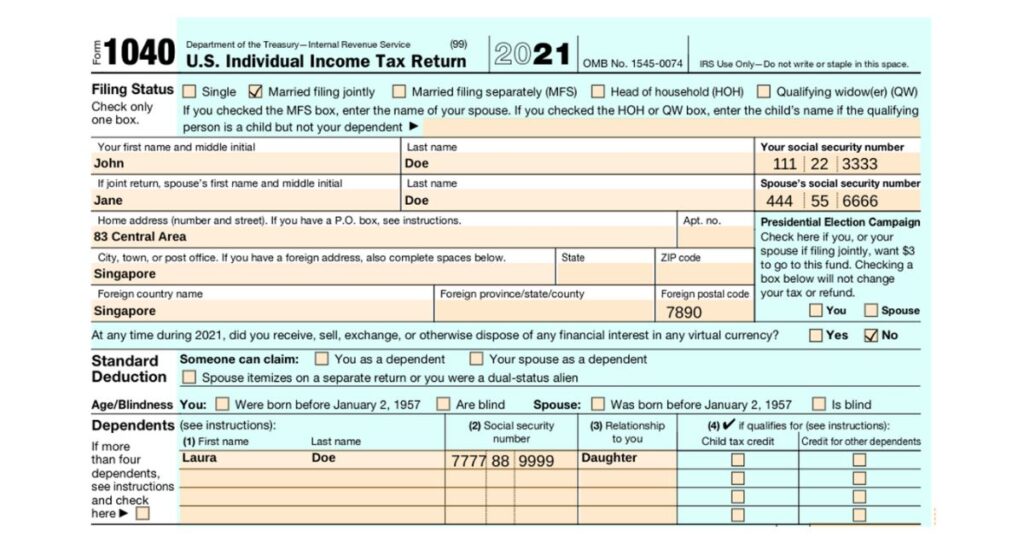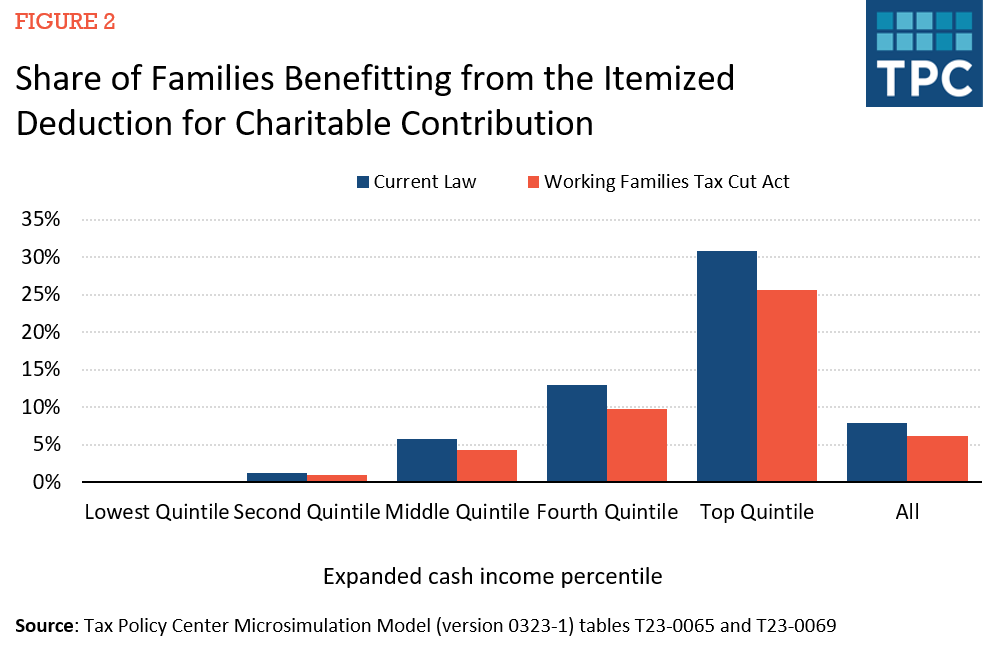Expert-backed strategies for optimizing your return using the FEIE Standard Deduction
Recognizing the Foreign Earned Earnings Exemption and Its Effect On Your Typical Deduction
The Foreign Earned Revenue Exemption (FEIE) supplies considerable benefits for expatriates, allowing them to omit a section of their foreign-earned income from united state taxation. Claiming the FEIE can complicate one's tax scenario, particularly pertaining to the conventional deduction. Comprehending this interaction is necessary for people living abroad. As expatriates navigate these complexities, they must take into consideration how their options impact their overall tax obligation liability. What strategies can they employ to optimize their financial results?
What Is the Foreign Earned Earnings Exemption (FEIE)?
The Foreign Earned Income Exclusion (FEIE) functions as an essential tax obligation advantage for U.S. people and resident aliens functioning abroad. This provision permits qualified people to leave out a substantial portion of their foreign-earned income from U.S. tax, effectively lowering their total tax concern. The FEIE intends to alleviate the financial stress on migrants and urges Americans to seek job opportunity in foreign markets. The exemption relates to earnings, salaries, and expert charges gained while staying in a foreign nation. The maximum exclusion amount is readjusted annually for inflation, making sure that it continues to be appropriate to present economic conditions. By making use of the FEIE, expatriates can maintain more of their income, fostering financial stability while living overseas. Overall, the FEIE plays a crucial role fit the financial landscape for Americans abroad, assisting in a smoother shift to worldwide work atmospheres and advertising economic involvement on a worldwide range.
Qualification Requirements for the FEIE
Eligibility for the Foreign Earned Revenue Exclusion (FEIE) is contingent upon meeting particular requirements set by the Internal Profits Solution (INTERNAL REVENUE SERVICE) Largely, individuals need to be united state residents or resident aliens that earn earnings while residing in a foreign country. To qualify, they should please one of 2 main examinations: the Physical Visibility Examination or the Bona Fide Residence Test.
The Physical Visibility Examination requires individuals to be physically existing in an international country for a minimum of 330 complete days within a 12-month period - FEIE Standard Deduction. Alternatively, the Authentic Residence Test demands that people establish residency in an international nation for an uninterrupted period that includes an entire tax year
In addition, the income should be originated from personal solutions done in the international country. Meeting these needs permits taxpayers to omit a substantial portion of their foreign-earned income from united state taxes, therefore lowering their overall tax obligation.
How to Assert the FEIE

To begin the procedure, individuals need to gather documents that validate their foreign revenues, such as pay stubs, tax returns from foreign countries, and any kind of pertinent employment agreement. It is vital to guarantee all income declared under the FEIE is earned from international resources and meets the needed thresholds.
Additionally, taxpayers need to take into consideration filing target dates and any possible expansions. Asserting the FEIE properly not only aids in reducing tax obligation responsibility however also ensures compliance with IRS regulations. Appropriate paperwork and adherence to guidelines are essential for a successful case of the Foreign Earned Revenue Exclusion.
The Communication In Between FEIE and Typical Reduction
The interaction in between the Foreign Earned Income Exclusion (FEIE) and the common deduction is an important aspect of tax planning for migrants. Understanding the fundamental principles of FEIE, in addition to the limitations of the typical deduction, can greatly affect tax declaring approaches. This area will certainly discover these elements and their implications for taxpayers living abroad.
FEIE Basics Clarified
While many migrants seek to minimize their tax worry, understanding the communication between the Foreign Earned Revenue Exemption (FEIE) and the standard reduction is crucial. The FEIE permits united state residents and resident aliens living abroad to leave out a certain quantity of international made revenue from united state taxation. This exemption can significantly decrease taxed earnings, potentially influencing eligibility for various other deductions, such as the typical deduction. Extremely, people who assert the FEIE can not likewise take the common deduction versus the left out earnings. Because of this, expatriates must meticulously assess their overall income and reductions to optimize their tax circumstance. Understanding of these communications can cause even more informed economic choices and better tax strategies for expatriates guiding via their unique scenarios.
Criterion Reduction Limitations
Recognizing the limitations of the conventional deduction in connection with the Foreign Earned Income Exclusion (FEIE) is crucial for migrants navigating their tax obligations. While the FEIE permits qualifying people to omit a certain quantity of foreign-earned earnings from united state taxes, it can influence the basic deduction they are qualified to case. Especially, taxpayers who declare the FEIE can not additionally declare the common deduction on that particular excluded earnings. Furthermore, if a migrant's total revenue falls below the typical deduction threshold, they may not take advantage of it whatsoever. This interplay necessitates cautious preparation to optimize tax benefits, as underutilizing the conventional deduction can bring about higher taxable income and boosted tax obligation. Understanding these restrictions is vital for effective tax technique.
Tax Declaring Effects
Maneuvering the tax declaring effects of the Foreign Earned Revenue Exclusion (FEIE) calls for careful factor to consider of exactly how it engages with the conventional reduction. Taxpayers utilizing the FEIE can exclude a significant section of their click now foreign-earned income, yet this exclusion affects their eligibility for the basic reduction. Particularly, if an individual insurance claims the FEIE, they can not additionally assert the standard reduction for that revenue. This can lead to a lower total tax obligation yet may make complex the filing procedure. Furthermore, taxpayers have to assure compliance with IRS demands when submitting Kind 2555 for the FEIE. Comprehending these communications is vital for enhancing tax benefits while preventing prospective mistakes in the filing process. Careful planning can optimize advantages and reduce liabilities.
Potential Tax Implications of Utilizing the FEIE
The Foreign Earned Income Exemption (FEIE) supplies significant tax obligation benefits for united state residents working abroad, however it also includes prospective effects that warrant cautious factor to consider. One significant consequence is the effect on eligibility for specific tax obligation debts and reductions. By choosing to make use of the FEIE, taxpayers may unintentionally decrease their adjusted gross revenue, which can restrict accessibility to credit ratings like the Earned Earnings Tax obligation Credit score or minimize the quantity of typical reduction available.
Additionally, people who use the FEIE might face complications when returning to the U.S. tax obligation system, particularly worrying the taxation of future revenue. The exclusion uses only to made income, indicating other income kinds, such as rewards or interest, remain taxable. This distinction necessitates precise record-keeping to guarantee compliance. Finally, the FEIE may impact state tax obligation responsibilities, as some states do not identify the exclusion and might strain all revenue earned by their locals, no matter where it is gained.
Tips for Optimizing Your Tax Obligation Benefits While Abroad
While working abroad can be improving, it also offers one-of-a-kind opportunities to enhance tax obligation advantages. To optimize these advantages, people must first determine their eligibility for the Foreign Earned Revenue Exclusion (FEIE) and think about the physical visibility examination or the bona fide home test. Keeping detailed documents of all revenue earned and costs incurred while overseas is necessary. This documents supports claims for credit scores and reductions.
In addition, recognizing the tax treaties in between the USA and the host nation can help prevent double taxation. Individuals must also check out payments to tax-advantaged accounts, such as Individual retirement accounts, which might give more reductions.

Finally, seeking advice from a tax obligation expert concentrating on expatriate tax obligation regulation can provide customized techniques and assurance conformity with both united state and he has a good point international tax responsibilities. By taking these actions, migrants can efficiently improve their economic scenario while living abroad.
Often Asked Inquiries
Can I Make Use Of FEIE if I Function for a Foreign Government?
Yes, an individual can utilize the Foreign Earned Revenue Exemption (FEIE) while benefiting a foreign government, supplied they fulfill the requisite conditions outlined by the IRS, including the physical existence or authentic residence examinations.

Does FEIE Put On Self-Employment Income?
The Foreign Earned Income Exclusion (FEIE) does apply to self-employment income, gave the individual satisfies the needed demands. Eligible independent people can omit qualifying income gained while living in an international country from taxes.
Suppose My International Income Goes Beyond the FEIE Limitation?
If international revenue goes beyond the FEIE limit, the excess quantity may be subject to united state tax. Taxpayers must report and pay tax obligations on the income above the exclusion limit while still gaining from the exclusion.
Can I Claim the FEIE and Detail Deductions?
Yes, individuals can assert the Foreign Earned Revenue Exemption (FEIE) while also detailing reductions. Nevertheless, they have to know that claiming the FEIE may influence the accessibility of specific itemized deductions on their tax obligation return.
How Does FEIE Influence My State Tax Responsibilities?
The Foreign Earned Income Exclusion can lower state tax obligations, as lots of states adhere to federal guidelines. Private state regulations differ, so it's necessary to seek advice from state tax obligation laws for specific effects on tax obligation responsibilities.
The Foreign Earned Revenue Exclusion (FEIE) provides significant advantages for expatriates, permitting them to omit a section of their foreign-earned revenue from U.S. tax. While many expatriates look for to lower their tax concern, recognizing the communication between the Foreign Earned Revenue Exclusion (FEIE) and the basic reduction is vital. Comprehending the constraints of the standard reduction in relation to the Foreign check out this site Earned Income Exemption (FEIE) is essential for expatriates steering their tax responsibilities. The exemption applies only to made earnings, indicating other earnings types, such as dividends or interest, stay taxable. The Foreign Earned Earnings Exemption (FEIE) does use to self-employment revenue, offered the specific satisfies the essential demands.